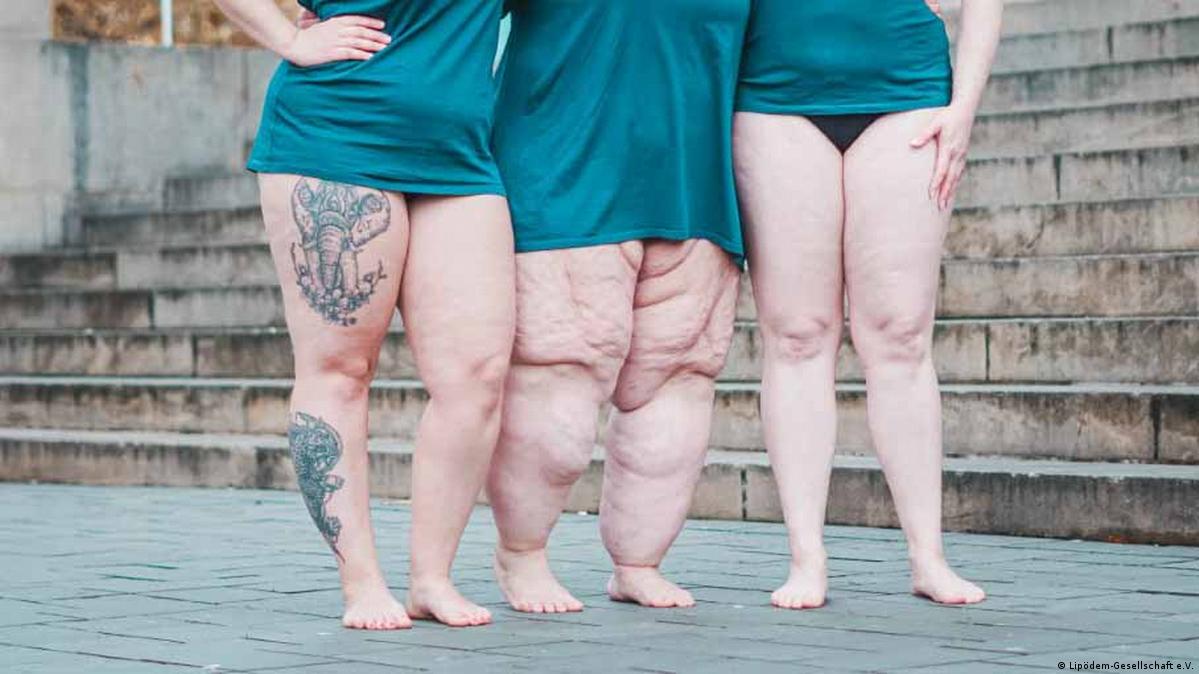What are the Treatment Plans for Lipedema?

Lipedema, a condition often misunderstood and misdiagnosed, affects countless individuals, primarily women. It is characterized by the abnormal accumulation of fat in the legs and occasionally the arms, causing pain and mobility issues. If you or someone you know is grappling with Lipedema, it’s crucial to understand the available treatment plans to manage this condition effectively. Dambolen delve into various treatment options, lifestyle changes, and self-care tips to help those dealing with Lipedema lead a more comfortable life.
Understanding Lipedema
Lipedema surgery is a chronic disorder that predominantly affects women, causing an abnormal accumulation of fat cells, primarily in the legs. This condition is often mistaken for obesity but is unique in its distribution pattern and can be both painful and emotionally distressing.
Early Detection and Diagnosis
Early detection and accurate diagnosis are essential for effective management. Lipedema can often be misdiagnosed as simple obesity, so consulting a healthcare professional experienced in Lipedema is crucial.
Conservative Management
Dietary Modifications
A balanced, low-inflammatory diet can help manage Lipedema. Reducing sodium intake, avoiding processed foods, and increasing fiber consumption are essential dietary modifications.
Compression Garments
Wearing compression garments can help reduce swelling and discomfort in affected areas. They provide external support to the limbs and facilitate better lymphatic circulation.
Physical Therapy
Physical therapy exercises tailored to Lipedema patients can improve mobility, reduce pain, and enhance overall quality of life. These exercises focus on strengthening muscles and increasing joint flexibility.
Liposuction
For many Lipedema patients, liposuction is a highly effective option. It removes excess fat cells in the affected areas, providing long-term relief from pain and discomfort.
Decongestive Lymphatic Therapy (DLT)
DLT combines manual lymphatic drainage, compression therapy, and skincare to alleviate swelling and pain in Lipedema patients. It’s an essential part of comprehensive treatment.
Medications and Supplements
Certain medications and supplements may help manage Lipedema symptoms, such as anti-inflammatory drugs and natural supplements like vitamin C and horse chestnut extract.
Emotional and Psychological Support
Living with Lipedema can be emotionally challenging. Seeking counseling or therapy can help individuals cope with the mental and emotional aspects of this condition. LipoClinic is the best for Treatment of Lipedema in Dubai.
Support Groups and Community
Joining Lipedema support groups can provide a sense of belonging and a platform to share experiences and information with others who understand the challenges of this condition.
Alternative Therapies
Acupuncture
Acupuncture may help manage pain and inflammation associated with Lipedema. Some individuals find it beneficial as a complementary therapy.
Manual Lymphatic Drainage (MLD)
MLD is a specialized massage technique that can reduce swelling and improve lymphatic flow in Lipedema-affected areas.
Creating a Personalized Treatment Plan
It’s essential to work with a healthcare professional to create a personalized treatment plan tailored to your unique needs and symptoms.
Maintaining a Healthy Lifestyle
Incorporating regular exercise, stress management, and a balanced diet into your lifestyle can complement your treatment plan and improve your overall well-being.
Monitoring Progress
Regular check-ins with your healthcare provider are essential to monitor your progress and make any necessary adjustments to your treatment plan.
Potential Complications
Lipedema can lead to complications if left untreated, including mobility issues and psychological distress. Early intervention is crucial.
Managing Lipedema requires a multi-faceted approach that includes medical interventions, lifestyle modifications, and emotional support. By understanding the available treatment plans and making informed choices, individuals with this disease can improve their quality of life and overall well-being.
FAQs
1. Can Lipedema be completely cured?
- It is a chronic condition, and while there is no cure, effective management can significantly reduce symptoms.
2. Is liposuction the only way to treat Lipedema?
- No, liposuction is one option among many. The choice of treatment depends on individual factors and preferences.
3. Are there any natural remedies for Lipedema?
- Some natural supplements and therapies may help manage symptoms, but always consult with a healthcare professional before trying them.
4. How can I find a healthcare provider experienced in treating ?
- You can start by asking your primary care physician for recommendations or searching for specialists in your area.
5. Is emotional support essential for Lipedema management?
- Yes, emotional support is crucial, as living with can be emotionally challenging. Seek support from therapists or support groups.
In conclusion, the path to managing is not one-size-fits-all. It involves a combination of medical treatments, lifestyle adjustments, and emotional support. By following a personalized treatment plan and making healthy choices, individuals with can lead more comfortable lives.


